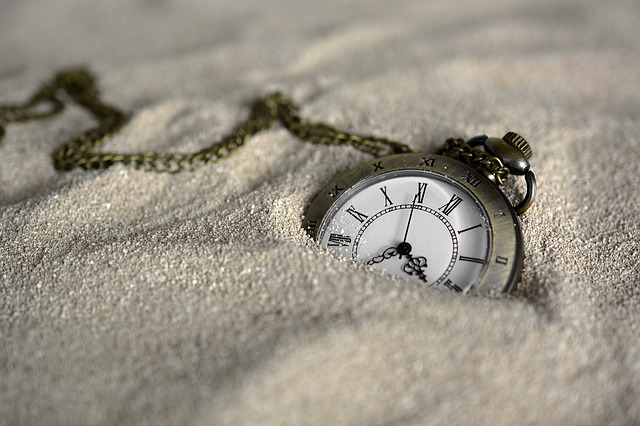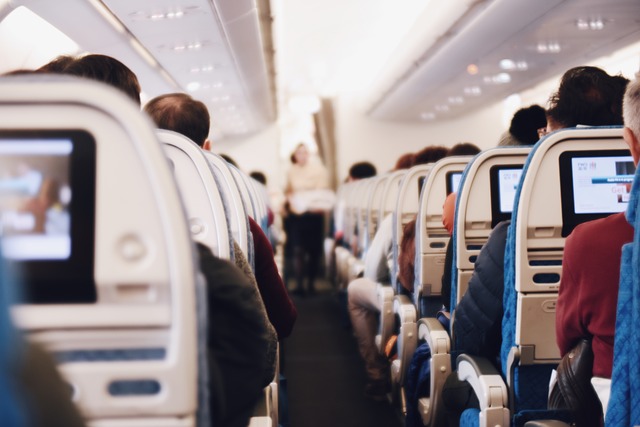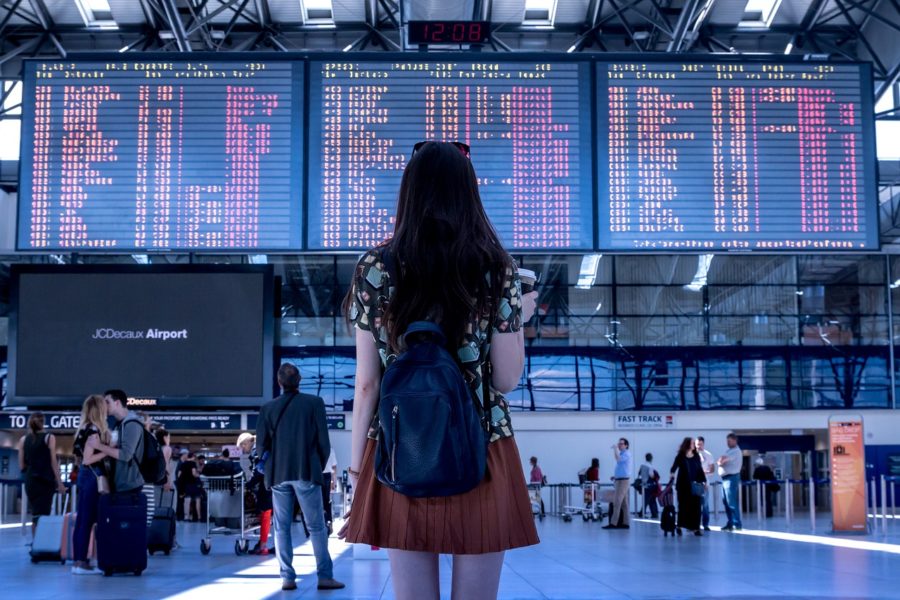As a frequent traveller, I have suffered from jet lag many times – the good, the bad and the ugly. There are many techniques that I have tried and tested but like many things, one might work for one person but not the other. In this post, I will give you all the information you need to help deal with jet lag and how it worked for me. Then you can make your own decisions about the best way of dealing with your jet lag.
What is jet lag and how can it possibly be good?
Jet lag goes by the fancier name of desynchronosis. It is a disorder which is temporary and displays symptoms such as insomnia, fatigue, indigestion and concentration and memory problems by travelling trans-meridian (east to west or west to east) across different time zones. It occurs mostly by air travel. These symptoms are caused by a circadian rhythm that is out of sync with the day-night cycle of the destination you have travelled to.
It normally takes a few days to adjust your body between time zones. Guidelines suggest that it takes one day for each hour’s difference although I am not too sure that this is true. Sometimes jet lag is confused with travellers fatigue which is when your body has general fatigue following the disruption of routine, dehydration from flying and being in an area with low oxygen.

As I mentioned, I have had good and bad jet lag and the horrendous types. I guess the best types are when you are just a few hours ahead of your destination. Like any trip in Eastern Europe. When I get home, yes I have to go to bed early but I can stretch it by an hour and then guess what, I feel like I am having an hour’s lie in before work and I still manage to get up an hour early to do jobs around the house and have a productive day.
The bad type of jet lag which is hard to deal with is when you are many hours behind. It means once you get home, you can’t fall asleep until late at night and then are unable to get up in the morning. It makes you tired all the time and takes a long time to reverse. The ugly is when you are at least 8 or 9 hours ahead or behind and then you take a flight overnight and sleep most of the flight, just to arrive home to find it is time to go to bed again.
Techniques to deal with jet lag:
Stay on the same time zone as your home.

If you are only taking a short trip then staying on your home time zone can work. You need to make sure you eat and sleep at the same time as when you are at home.
How it worked for me:
This only really works if you are taking a short trip. I tried this on a recent trip to Finland. I was staying for 3 weeks looking after my friend’s dog and thought with only a 2 hours time difference ahead, that it shouldn’t be too hard to do. I found though that within a week, I had slipped into Finnish time. So this probably only works on short trips. This really wouldn’t work if there is a massive time difference as you would be up whilst it is dark. Additionally, if you are travelling for business and have meetings, then this might not be practical.
Change your schedule on a plane

As soon as you board the plane, change the time on your watch to that of your destination. Make sure you do everything you can to keep to this schedule so if you are in the air for a while, sleep when your destination will sleep and try to eat when your destination will be eating.
How it worked for me:
This technique has worked well for me but only with airlines that seem to convert to the destination’s time straight away and feed you at those meal times. It is not good changing your routine then being stuck with a meal in the middle of the destination’s night.
Moving your schedule ahead of time

Depending on what you are doing at home prior to your trip or near the end of your trip, on your return home, you could try changing your schedule to that of your destination.
How it worked for me:
To be honest this would never ever work for me. I am way too last minute in everything I do to think about doing anything in advance like this. However I can see the usefulness of doing this if you have important meetings or events shortly after you arrive at your next destination.
Stay awake until its your destination’s bedtime.

It can be so tempting to either get home or check into your accommodation and then think to yourself that you will get a few hours sleep. This does not work as a few hours turn into 7 hours and then you are stuck waking up either in the middle of the night or in the middle of the afternoon. Try your hardest to stay awake until a reasonably early bed time in your destination.
How it worked for me:
I have found this hard especially when I have arrived home and my bed is calling me. I find it a lot easier to do if I keep myself busy. At the destination, it is a little easier like when I arrived in South Korea and I got something to eat and explored a little. At home, I try and either go straight back to work, or go for a long walk or I have even been known to clean until it is time to go to bed just to stay awake. By doing this, I always feel better on waking up than if I go to bed when I arrive, feeling more refreshed for the next day.
Staying awake to tire yourself on a plane

So many people before a big trip will make themselves stay up so that they are tired and sleep on the plane. This sounds good if you are flying at night time for your destination and perhaps if you have a busy day ahead.
How it worked for me:
I know as a healthcare professional that last minute changes to your routine makes it harder for your body to adjust to anything. By staying awake (which is a regular occurrence due to my last minute nature) means it take longer for my body clock to adjust to anything new. I really do not recommend this one.
Avoid arriving at night.

Arriving at your destination at night will disrupt your schedule and also cause you to go to bed late by the time you have got to your accommodation. By avoiding arriving at night, you will be able to change your routine to your destination’s timetable sooner thus achieving some of the above points and managing to keep yourself busy until bedtime
How this worked for me:
As a budget traveller, I do tend to take those budget flights like cheap flights to Dubai with further onward flights meaning my arrival at an unsociable time. Also I end up wasting most of the next day as I stay in bed most of the morning trying to get my full 8 hours sleep. However, if I do have a busy schedule then I will make sure I arrive in the daytime and have found that I get over my jet lag a lot quicker. So yes, this really works for me.
Sunlight and exercise

Being out in the daylight can really help your body to adjust to your destination’s time. Along with exercise, these two items can really help. Why not take a walk around your new destination or take a walk near your home.
How it works for me:
This is a massive one for me. It really seems to wake my body up and let it know that actually it is daytime and I should be awake. The fresh air also cures any tiredness I have. I also find that letting my body see the setting sun also allows my natural body clock to realise it is approaching bedtime.
Taking sleeping tablets:

Many people say that by taking sleeping tablets at your destination’s bedtime can trick your body into going to sleep. Just remember that sleeping tablets can be addictive so perhaps try herbal ones
How this works for me:
This really does not. I wake up feeling groggy and fuzzy headed and would much rather change my body clock naturally. I much prefer using a sleeping mask and ear plugs to shut out any distractions if my brain is that awake or listen to soothing music.
As you can see, there are many different ways to deal with jet lag. It is all about finding the right way for you. I hope that by letting you know how they have worked for me, it will help you decide which to do first.
What has been your worst experience of jet lag? What techniques do you use to cope with it? Comment below. And don’t forget you can subscribe to my blog (it’s free) to receive posts like this one into your inbox.









Follow me